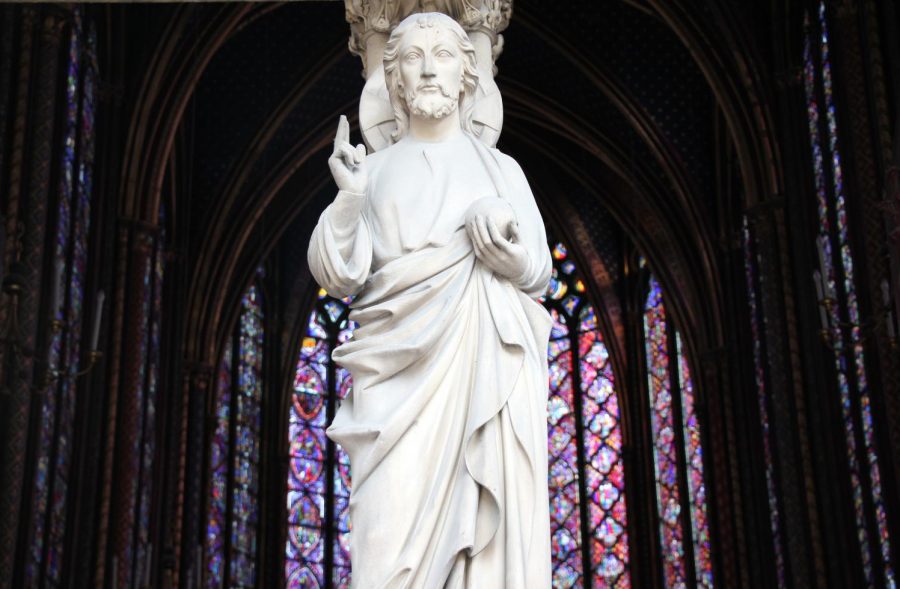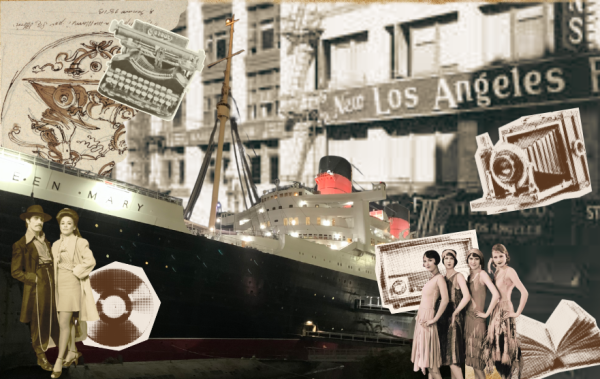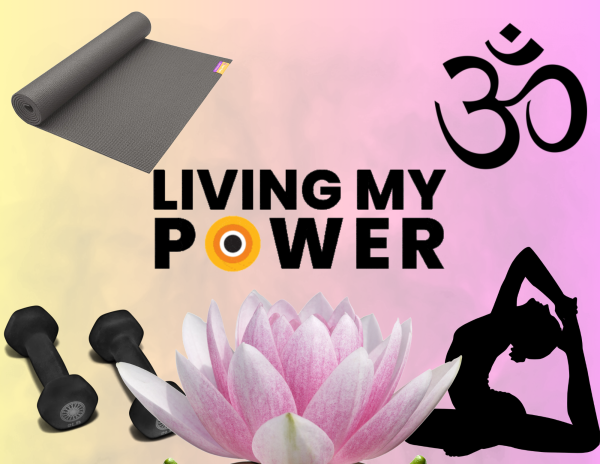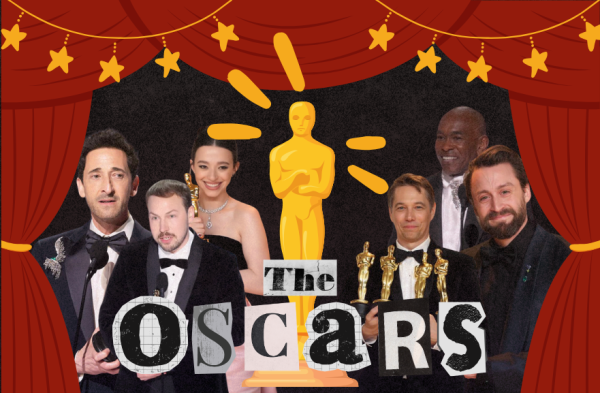Confronting Catholic Stereotypes
Growing up, I didn’t really have many opinions of the Church other than a childish annoyance of giving away an hour of every Sunday to sitting in a wooden pew and listening to an old man lecture about things that could hardly grasp my attention at the time. I thought everyone did the things we did in church. Sunday school and CCD (Confraternity for Christian Doctrine, a religious education program) were a natural occurrence, confession and communion happened every week without fail, the palm leaves and crucifixes that hung around my house seemed to have always been there in my short memory.
As I got older, however, I was exposed to the opinions of my peers in public school. People called Catholics weird, creepy, and even cultish. It was shocking to me to learn that other churches had “pastors” who could get married, were baptized when they chose, and in communion gave kool aid and crackers instead of bread and wine. Even more surprising was that Catholics seemed to be hated by most of my fellow students (whom I absolutely do not blame since there are reports in the news practically every other day on a corrupt bishop or a priest caught molesting altar boys). Most people I talked to assumed that I was miserable in the Church and that I was being forced into the religion. They thought the Church was still practicing absolutely medieval ideas, like selling spots in Heaven, or even harming members of marginalized groups like the LGBT+ community or people of color. To many, my community was racist, homophobic, and even diabolical.
“Oh, but not you,” my skeptical classmates would say.
“You’re normal.” How was I “normal” compared to apparently every other person who I went to mass with? Almost every Catholic I had met in my community are some of the kindest people I had ever spoken to. Regardless, being Catholic became something I hardly talked about to my friends and classmates. I was left to do this out of fear that I too would be hated for following a religion that had shown me nothing but kindness my entire life; granted, I have only practiced at two different parishes in my life, but regardless I had never seen any of the evil that the media claims is the root of Catholicism.
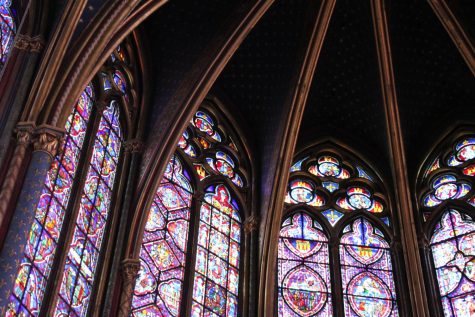
I became curious about my peers’ opinions on the Catholic Church. I wanted to know why most of them seemed to feel so negatively, and I wanted to understand their general assumptions about Catholics. So, I conducted an anonymous survey of the Huntington Beach community through social media asking subjects if they practiced Catholicism, what they knew from prior experience, and their general assumptions.
The results conveyed a large miscommunication of information with many people answering that they knew the practices of the religion well, even though the results show that 73.3% of all survey takers have not ever practiced Catholicism. When posed the question, “If you aren’t Catholic, what are your assumptions about the Church?” there were mixed results. Words like “strict,” “corrupt,” and “traditional” appeared in multiple responses. Others blatantly brought up the unfortunate prevalence of homophobia and accusations of pedophilia, which is what they view in the media.
“I feel like when [a religious matter] is displayed in the news, [twisting it] in a bad light [helps to] feed news stories,” one anonymous response says. “When I see others getting fed up over news stories demeaning their religious beliefs, I can understand where they are coming from. I just think that religion isn’t something you…can really talk about, especially in the news, because you don’t know who it will affect.”
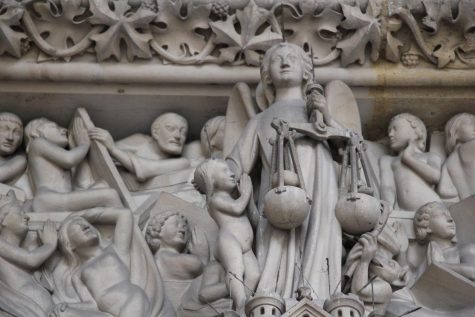
In an anonymous submission in which people could ask questions about Catholicism, many were very keen and inquisitive when it came to asking about physical practices within the Church. A common topic was with the interpretation of the Bible, how literal things should be taken, the sexual abuse, and how strict rules must be followed. Pope Francis over the past few years has built up the Church’s stance against sexual abuse, and has been conducting many mild reforms lately. In his 2019 annual Christmas speech, the Pope expressed that in the best interest of the Church, the Faith must evolve and learn to change for the better as time continues. Pope Francis has also on multiple occasions delineated his opinion in which Catholics must welcome, respect, and practice acceptance on all people, regardless of sexuality and gender orientation. As I have found it, the Church itself isn’t as bad as everyone says, it is the small minority’s intolerance that we must address to further remove the stigma from a religion that at its roots, practices love and forgiveness.
The one response that was completely consistent was the answer to the question, “Do you personally know someone who’s Catholic?” in which 100 percent of people answered that they did indeed personally know someone who practices Catholicism. We are all people, and we all have our own beliefs and practices that we hold true to ourselves and our families. Teachings can be summarized in the words of Peter: “Finally, all of you, be like-minded, be sympathetic, love one another, be compassionate and humble” (1 Peter 3:8).
Your donation will support the student journalists of Huntington Beach High School. Your contribution will allow us to cover our annual website hosting costs.
Thank you for supporting our program!


